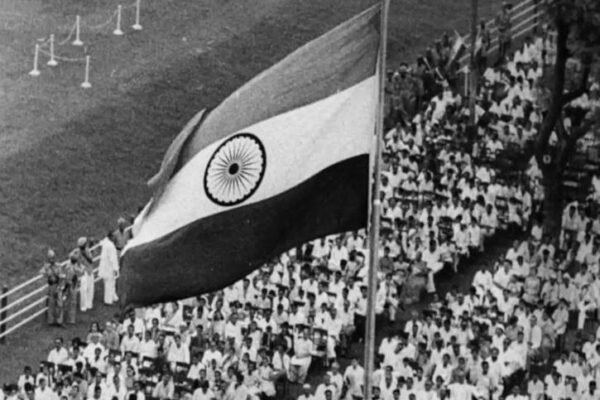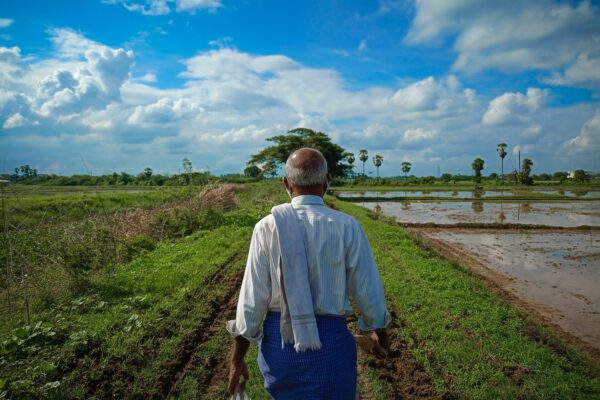In addition to the internet shutdown, there have been documented reports of torture, arbitrary detentions, and even deaths for the Kashmirs in the region accused of inciting terrorism.
In addition to the internet shutdown, there have been documented reports of torture, arbitrary detentions, and even deaths for the Kashmirs in the region accused of inciting terrorism.
India’s shutdown of the internet in Kashmir has entered its fourth month – Monday was the 134th day of Modi’s government cutting off the internet access in the region. According to Access Now, an international advocacy group that tracks internet blockaids and shutdowns, the internet shutdown in Kashmir is now the longest running suspension in a democratic nation ever. Only authoritative countries like China and Myanmar have seen longer internet shutdowns.
Imposing the shutdown on August 5th, when the Indian government revoked Article 370 which had previously given the region of Kashmir autonomous powers since the independence of the region from British colonialism in the 1940s, Kashmir has been at the center of a heavy crackdown and brutal suppression of rights. Initially also cutting off phone lines, landlines and calls on some mobile phones have been restored – however the internet remains blocked.
Parvaiz Ahmad Bhat, a local Kashmiri YouTuber with his show “Kashmiri Kalkharabs,” or “Crazy Kashmiris”, has now stopped posting new content – as it is both impossible for him to access the internet and even if he is able to upload new content, his subscribers would not have the internet connection possible to continue following him. Bhat blatantly explained:
It’s like someone has pushed our lives back to the Dark Ages.”
More than 7 million people live in the region of Kashmir, and many have taken to the streets to demonstrate against the Indian government’s heavy crackdown in the region. Still unable to use apps such as Watsapp or read news articles online, many in Kashmir have resorted to attempting to travel outside the region daily to be able to access the internet in the nearest town of Banihal in the Jammu region. Journalists are reportedly relying on a government-run center with just 10 computers to file all their stories. Additionally, the Kashmir Chamber of Commerce has reportedly estimated $1.4 billion in losses already.
Doctors in the region are also suffering under the internet shutdown – without adequate communication in the region, it becomes near impossible for doctors to rely information quickly and efficiently to their patients. Omar Salim, a leading urologist in the city of Srinagar, Kashmir’s capital, detailed how a patient of his reportedly died in November after the communications snapped in August, rendering him unable to follow up on medical leads in Mumbai. Speaking to the Washington Post, he stated:
What hurts is when [the government claims] things are normal. This is not normal.”
Indian authorities have claimed that the internet shutdown is necessary to stop potential terrorists and dangerous demonstrators from disrupting the supposed peace that security forces are protecting in the region since revoking Article 370 – however many have claimed that the internet shutdown is just another part of the Indian government’s campaign of stripping the region of Kashmir of any legitimacy.
In addition to the internet shutdown, there have been documented reports of torture, arbitrary detentions, and even deaths for the Kashmirs in the region accused of inciting terrorism. Minors have reportedly also been detained, with many local politicians and community leaders under house arrest. The largest and most historic mosque in the city of Srinagar has also been banned from having Friday prayers for more than four months now.
Starting in the middle of November, the Indian government has reportedly allowed select businesses in Kashmir to access the internet with specific conditions: they are strictly forbidden from using social media, and cannot allow WiFi connections. These businesses must also hand over all of their content to security forces on demand. Many however, point towards the obvious fact that this is still a sign of Indian’s heavy crackdown on the region – Kashmir continues to suffer under numerous human rights abuses conducted by the Indian government.





